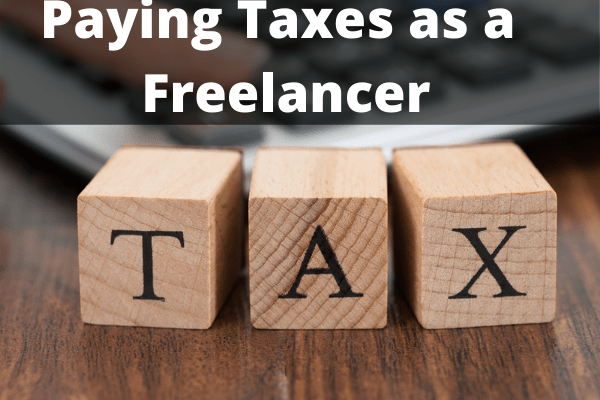Paying Taxes as a Freelancer:
There are a lot of exciting benefits that a freelancer can enjoy. However, a few complications might pop up once tax time comes. Let read more about paying taxes as a freelancer.
Freelancers are considered by the Internal Revenue Service as self-employed. This means that if your income comes from freelancing jobs, you need to file your taxes similar to a business owner. Although you can get extra deductions for being self-employed, you also need to pay additional taxes in the form of self-employment tax.
Below are a few things you have to consider when you file your taxes as a freelancer.
Income:
The first step you should take as a freelancer is gathering and reporting all of your sources of income. If you are similar to other freelancers, chances are you got several income sources.
When you are a freelancer, it is likely that you will get several 1099-NEC forms from each one of your clients, something that might be harder if you have a traditional job.
Self-Employment Tax:
You are basically your own boss if you are self-employed that might be great news until it’s time for the taxes. Aside from the usual income tax, it is the responsibility of the freelancers in 2020 to pay the 15.3% self-employment tax.
This tax is a representation of the Medicare and Social Security taxes that are automatically taken out of the paychecks of traditional employees.
But, this amount will also include the portion of the employer of these taxes because being a freelancer, you are an employer and an employee at the same time.
Tax Liability:
Your ultimate goal for filing your taxes is to cut down your liability to the least allowable amount. Being a freelancer, it is likely that you will have more typical expenses compared to a typical employee, with you taking several tax deductions not often allowed as a traditional employee. But, you will only be allowed to take the deductions necessary and ordinary for your business operation.
Common Categories of Deductions:
The general rule of thumb is that freelancers could write off the expenses for the following:
- Lodging
- Business-related food
- Required materials or equipment
- Office expenses
The guideline of the IRS when it comes to tax deductions for freelancers is that the expenses should be necessary and ordinary.
If you want to have an item even when you don’t have a freelance business, there is a big chance that you will not be qualified for any deductions.
Home Office:
Home office deduction might be applicable with most freelancers working from home.
Meals and Travel:
Meals and travel might be a bit tricky for tax deductions when you are a freelancer. You can deduct the traveling costs to a job, except office commute. A 50% rate of business meals with your clients is deductible as well. Just make sure you provide solid evidence of the necessity of these business expenses for your business’s development.
To avoid IRS troubles when you are a freelancer, make sure that your personal and business expenses are separate at all times. We are hoping that you understand all about paying taxes as a freelancer.

